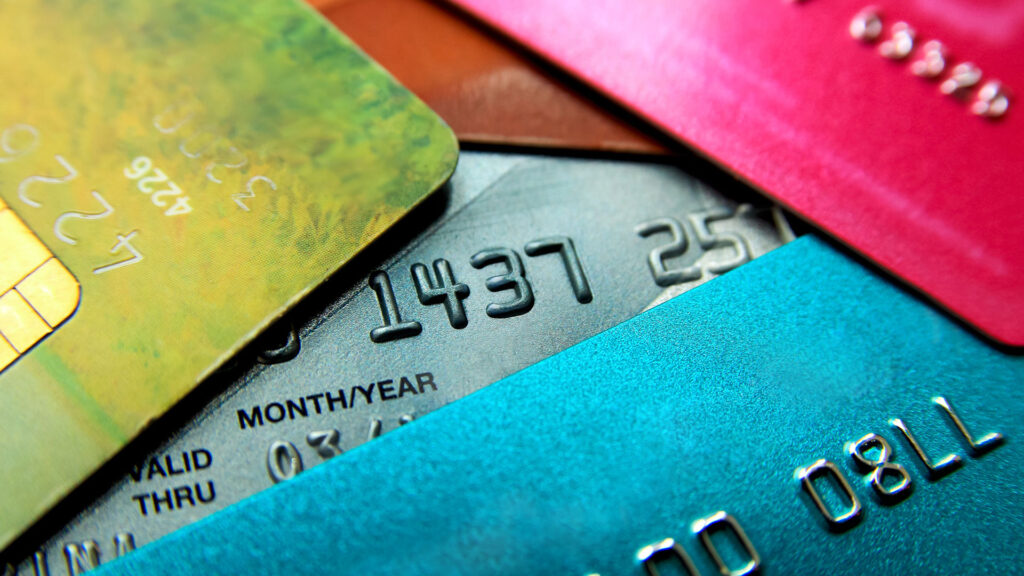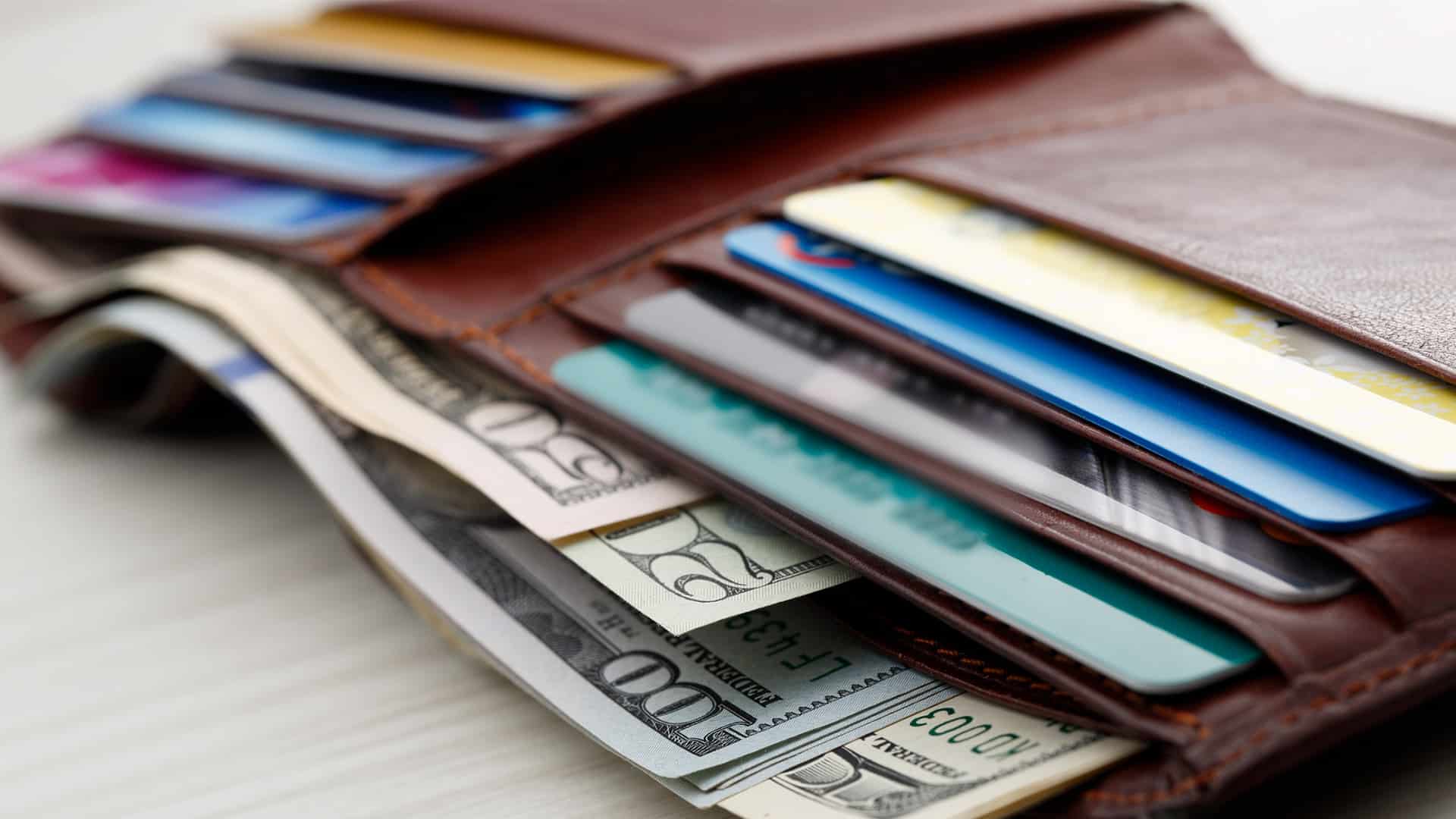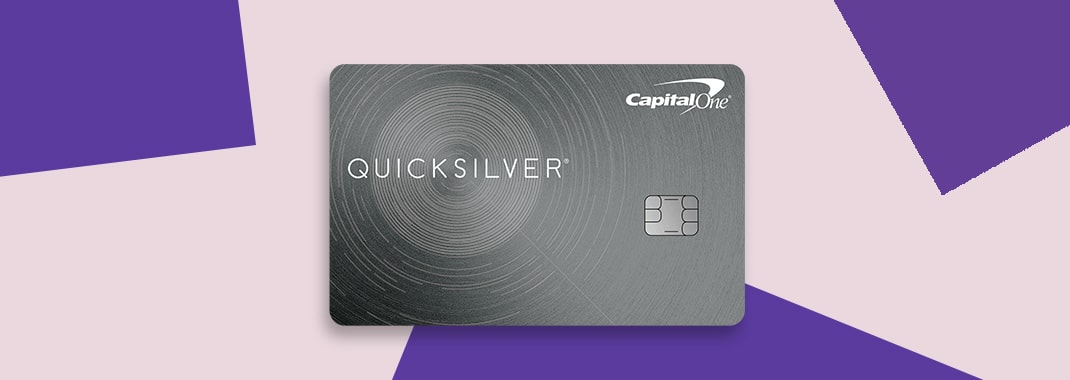Most products on this page are from partners who may compensate us. This may influence which products we write about and where and how they appear on the page. However, opinions expressed here are the author's alone, not those of any bank, credit card issuer, airline or hotel chain. This page may include information about American Express products currently unavailable on Slickdeals. American Express is not a partner of Slickdeals.
It's smart to try to figure out how to earn the highest credit scores possible. Good credit has many benefits — like giving you the potential to qualify for valuable rewards credit cards and other types of financing. So, if you're wondering about the perfect number of credit cards you should open to achieve an excellent credit score, you're on the right track.
However, the answer to the question above might frustrate you. The truth is that there is no such thing as a perfect number of credit cards. Or rather, the right number of credit cards for you could be very different than the right number of credit cards for someone else.
Why There's No Such Thing as the Right Number of Credit Cards
You can earn and keep a good credit score with 20 credit cards or with a single account. In general, credit scoring models like FICO and VantageScore pay little attention to the number of credit card accounts you have open. How you manage the credit cards that you open is what matters.
There is, however, an important exception to note here. If you have zero credit cards, you might hold your credit score back.
Consider FICO Scores as an example. Ten percent of your FICO Score is based on the mix of account types that appear on your credit report. So, if your credit report lacks revolving accounts like credit cards or lines of credit, you may not earn as many points in this scoring category as you could otherwise.
How Many Credit Cards Do People with Excellent Credit Have Open?

From time to time, FICO shares information about consumers who earn high credit scores — AKA high score achievers. Looking at the credit behaviors of this group of people can be helpful. There's no magic formula that will help you earn an excellent credit score. But it is possible to copy some of the habits of people who have had credit score success.
According to FICO, here are some of the common credit card habits of people with scores in the 800s.
- 10 revolving credit cards on average.
- 4% average overall credit card utilization.
- 95% have never made a late payment.
- 46 months since the last late payment (for those who had a delinquency on their credit report).
- $1,446 average balance on all revolving credit card accounts.
Breaking Down the Numbers
Let's break down some of the details above, in case they're confusing. The first stat is easy to understand. People with 800+ FICO Scores have around 10 open credit cards on average.
However, the next number — credit card utilization — is more meaningful. Credit utilization describes the percentage of your credit card limits that you use. If you have one credit card account with a $1,000 limit and you owe $500, your credit utilization rate is 50%. But if you have 5 credit cards (each with a $1,000 limit) and you owe $500, your total utilization rate is only 10%.
High credit utilization can hurt your credit score. So, it's not surprising to see that people with credit scores of 800 or higher keep their credit utilization rates low.
 Related Article
Related Article
5 Credit Card Myths Hurting Your Credit Score
Payment history is even more important than credit utilization. People with high credit scores pay their credit cards on time. In fact, almost all of the people in the 800+ credit score range (95% of them) never made a late payment on any credit obligation on their credit report.
Finally, the balances on your credit cards can also impact your credit score. Lower balances tend to be better. But, again, this detail doesn't impact your credit score nearly as much as your payment history and your overall credit utilization rate.
How to Find Your Perfect Credit Card Number
There's no minimum or maximum number of credit cards you should have to earn an excellent credit score. Some people open 5-10 new credit cards per year to take advantage of sign-up bonuses and other perks and still keep a FICO® Score in the 800s.
You should, however, figure out the right number of credit cards for you. To determine how many credit cards you should have (or perhaps whether to apply for a new credit card offer), ask yourself the following questions:
- What number of credit cards makes you feel comfortable? If you don't have any experience managing a credit card in the past, it's probably best to start small. (Although, using a balance transfer credit card offer might help you get out of debt faster.) Or if you've gotten into trouble with credit card debt before, you might feel nervous about opening more than a few accounts — at least at first.
- On the other hand, if you have a good track record when it comes to managing credit cards, having multiple cards might not be an issue. You can even make multiple cards with big annual fees work for you if you can take advantage of the perks those accounts have to offer.
- On the other hand, if you have a good track record when it comes to managing credit cards, having multiple cards might not be an issue. You can even make multiple cards with big annual fees work for you if you can take advantage of the perks those accounts have to offer.
- Do you have a sufficient number of credit cards to keep your utilization rate low? Having a greater number of open credit cards can work to your advantage when it comes to credit utilization. As the example above shows, it's easier to maintain a low credit utilization rate when you have more available credit.
- If you're not comfortable opening another credit card at this time, there's another approach you can try here instead. You can ask your existing credit card issuer(s) to increase the credit limits on the accounts you already have open. If an issuer approves your request, the higher credit limit might make it easier to keep your balance-to-limit ratio low.
 Related Article
Related Article
I Have Over 30 Credit Cards — Here’s Why You Should Too
Choosing the Best Credit Card for You
If you're ready to open a new account, it can help to learn the steps that it takes to get approved for a new credit card. Then, you can choose the credit card that has the features that matter most to you — from rewards card offers, to sign up bonuses, to annual fees.
But most of all, make sure that you manage all of your credit cards with care. If you use your credit cards responsibly, you can enjoy the credit-building benefits these versatile financial tools have to offer.
















